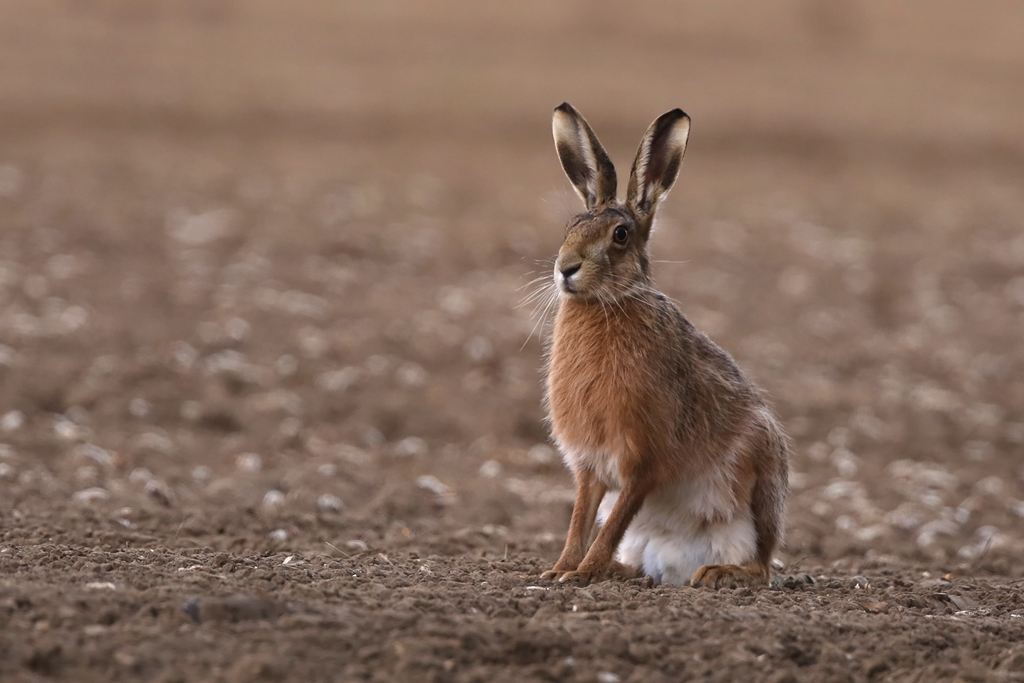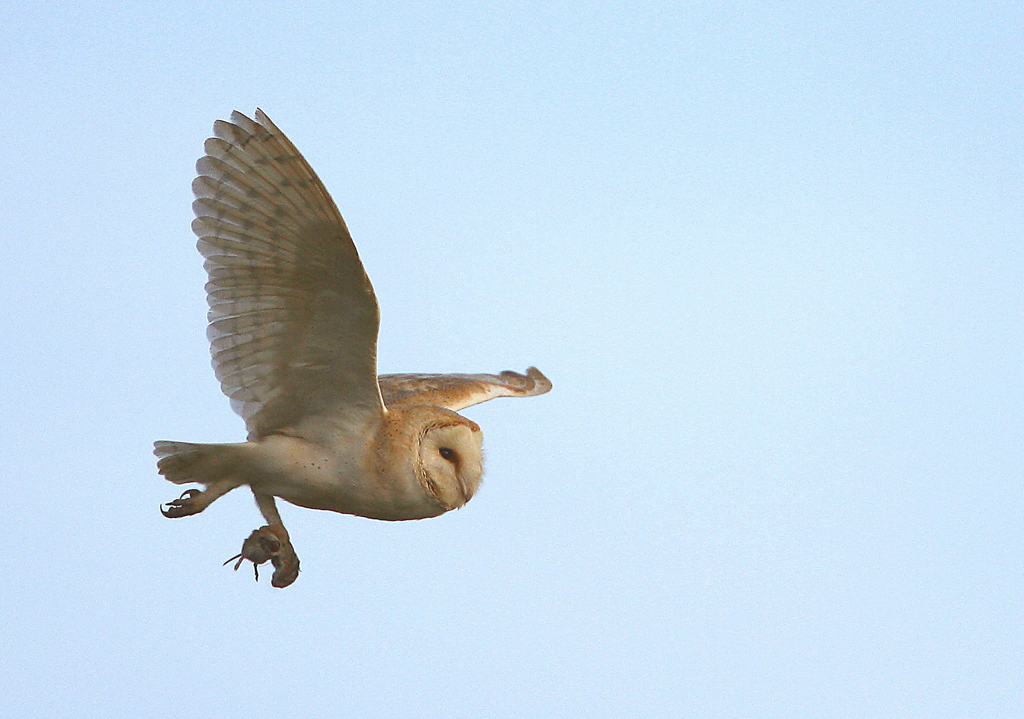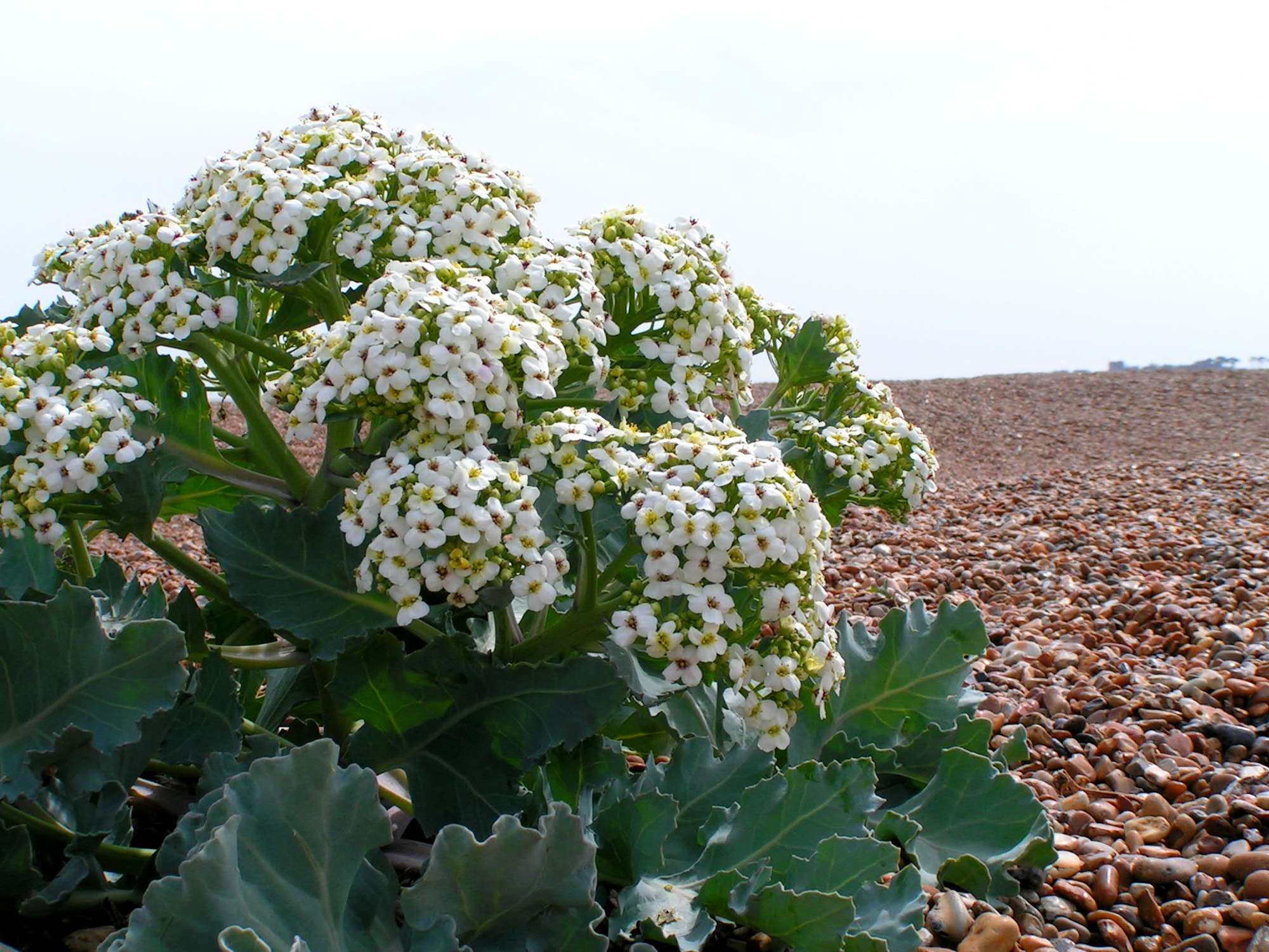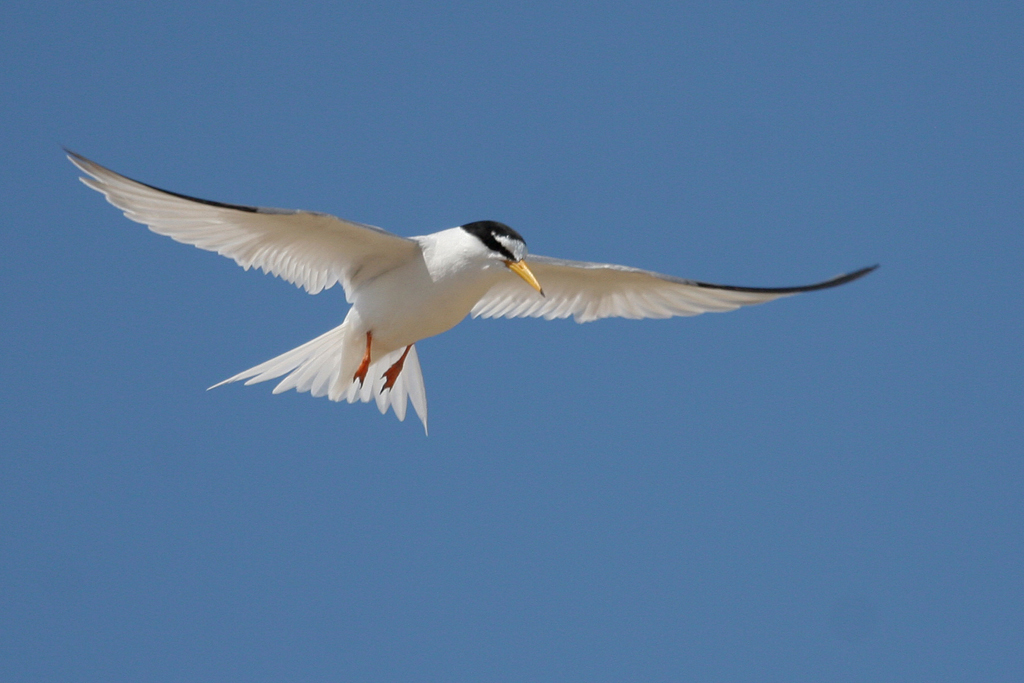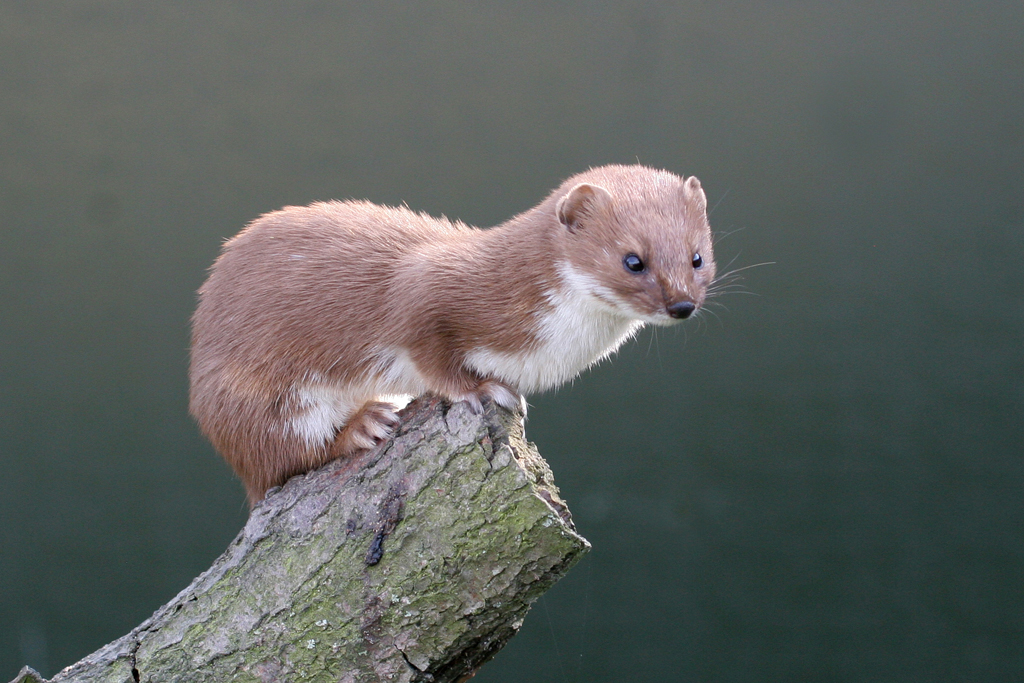It was once all so simple. For centuries people had a pretty good idea of what weather to expect each month and this knowledge was distilled into innumerable country sayings and poetic images. We had mad March hares, April showers, May flies, flaming June and in September we moved gently into the ’season of mists and mellow fruitfulness’. Climate change has undermined some of those familiar associations, however, with unseasonal floods, storms and rising temperatures. It has disrupted the related life-cycles of wildlife, too. Daffodils still ‘come before the swallow dares’, as Shakespeare put it, but they are now as likely to start flowering in February as in March; while the swallows will later struggle to find enough flying insects to catch.
It isn’t all change, though. There is another huge factor, as well as the average temperatures, controlling these seasonal cycles. That’s light. Sunrise and sunset times will remain the same on 1 March 2024 as they were on 1 March in Shakespeare’s day (give or take a minute or two, for tiny variations in the earth’s orbit) and many natural phenomena like bird song are governed by those triggers. The dawn chorus of birds is one of nature’s great wonders. From February onwards you can hear it slowly building, both in volume and variety, as one by one the different species join the swelling orchestra of mingled voices.
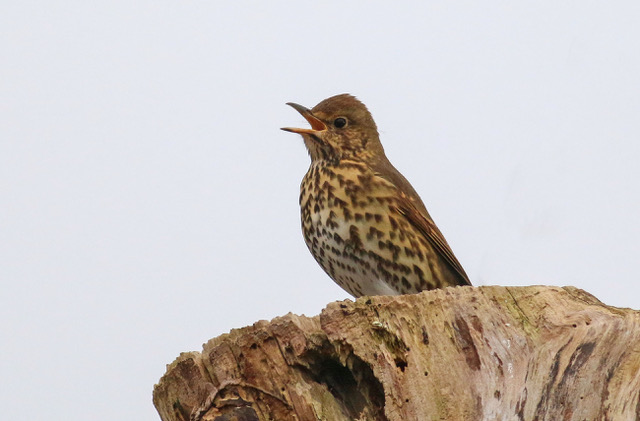
The first species to form the choir in February usually include the robin, wren, great tit and dunnock, supported by great spotted woodpeckers in the percussion section. But my favourite of these pioneering heralds of spring is the song thrush, ‘the throstle with his note so true’ (Shakespeare again). There is a clarity, boldness and confidence in its evangelistic mode of address – usually delivered from some prominent pulpit on a house top or tree – which immediately lifts the spirits and reassures you that, yes, the magic of another spring will soon return.
Part of its musical effect comes from the bird’s repetitions on a theme, as Robert Browning noted in his famous poem ‘Home Thoughts from Abroad’:
That’s the wise thrush; he sings each song twice over,
Lest you think he could never recapture
The first fine careless rapture.
And just as the song thrush leads the dawn chorus, so it is often the last bird singing in the corresponding dusk chorus, which is the more muted but equally moving evening performance. In his ‘Darkling Thrush’ Thomas Hardy recalls one that even in midwinter ‘flung his soul upon the growing gloom … in Joy unlimited’, as if it nursed ‘some blessed hope, whereof he knew/ And I was unaware’.
That was the hope of another spring, surely.
Jeremy Mynott
29 January 2024




